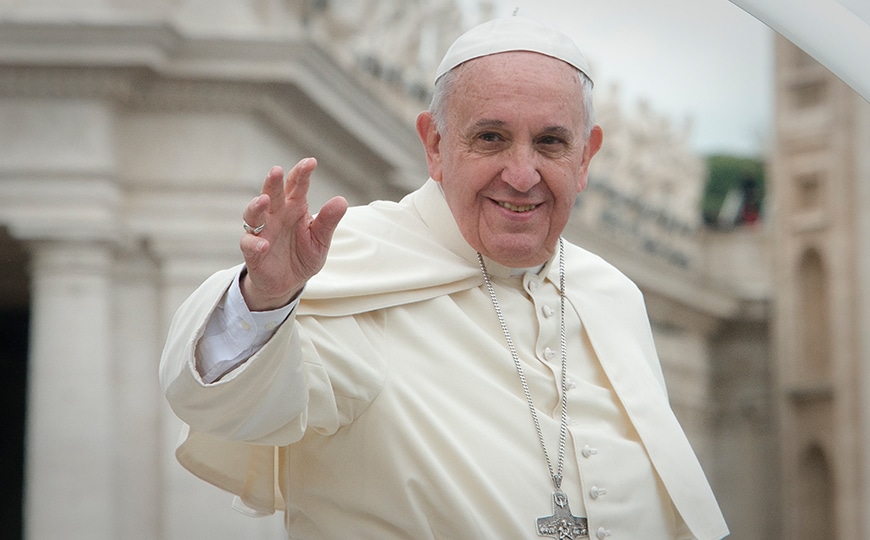The world population is on target to skyrocket from the current 7.4 billion people to almost 10 billion by 2050. Meanwhile, our environment continues to degrade around us, with a mass extinction of other species. Nevertheless, some countries are pushing for higher population growth rates. China, with the world’s largest population, is considering paying couples to have a second child. Other high-consuming, high-polluting countries are also paying women to have more children, using a replacement rate for their current population levels as a baseline, despite the fact that current levels are completely unsustainable.Subtle cultural forces are also pushing women to have children. Celebrities are role modeling larger families, and in some places, those without children are judged harshly by those around them. One study confirmed that many parents feel moral outrage against childless couples, despite the positive future environmental benefits that childless couples convey on all children.
Amid all of this, Pope Francis has emerged as a voice of reason. He acknowledges the need for smaller families to achieve sustainability and combat humans’ impact on the environment. Even his critics admit that “the Pontifical Academy of Sciences now holds that the world is overpopulated and that couples should have fewer children since that is purportedly the only way to protect the natural environment.” More importantly, the Pope made these comments in the context of a larger call for social justice, reiterating the previous papal position that couples should never have more children than they can bring up properly and calling for distribution of resources based on compassion and love.
Sound familiar? An easy way to create a happier, more sustainable, and more equitable world would be for families to shift resources, through a variety of public and private channels, that would have been put into having an additional child instead toward incentivizing other families to give their first child a better start in life.
It’s the Having Kids model, and it’s the most effective model to further all of our basic values at the same time.

